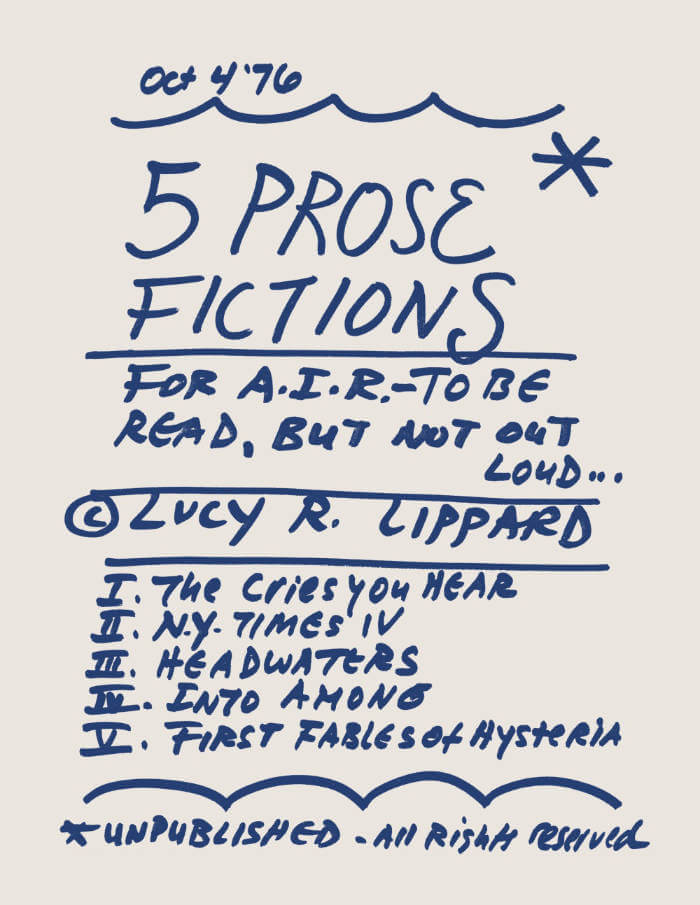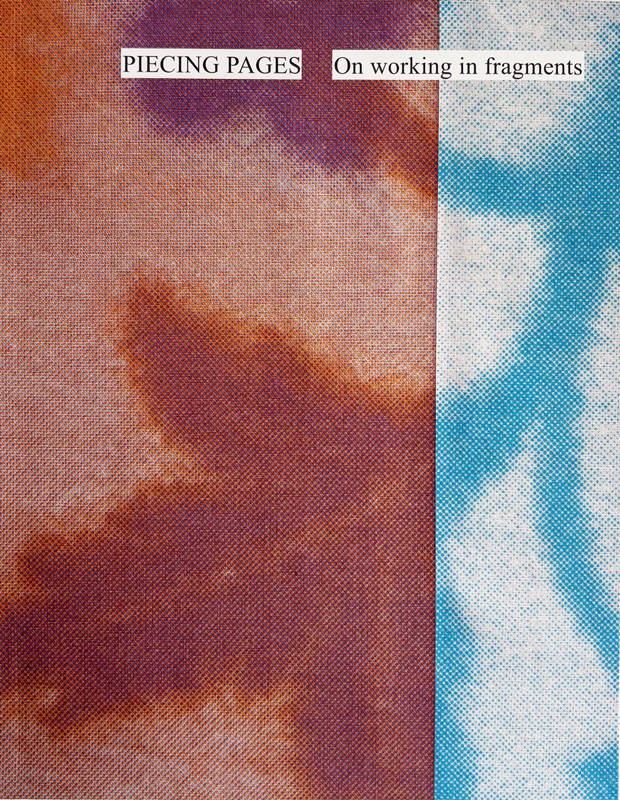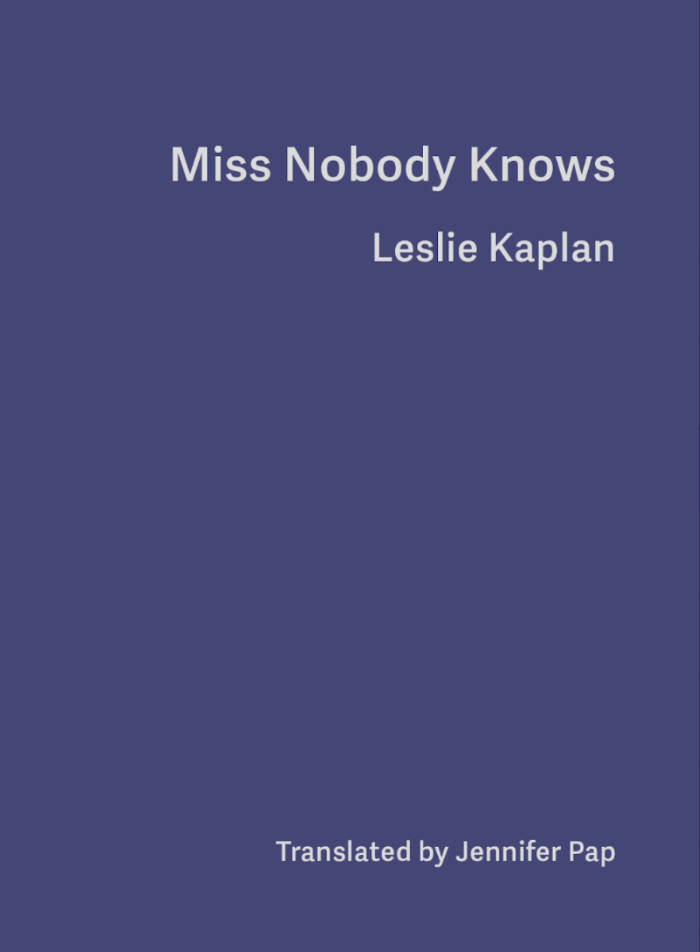
5 Prose Fictions
Originally self-released in 1976 through A.I.R. Gallery, New York, the five short unpublished manuscripts collected in 5 Prose Fictions offer an abbreviated introduction to curator Lucy R. Lippard’s largely under-examined fictional work.
The republication of these pieces follows the recent rerelease of I See / You Mean and provides further context for the released of Brimstone this Fall, an anthology compiling over 50 of Lippard’s experimental and narrative fiction works from the early 1950s through the 1980s.
Language: English







